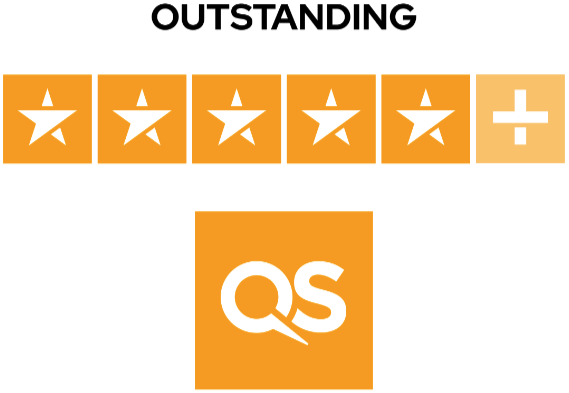Lingnan projects catch the eye at InnoTech Expo
Lingnan University was among the participants of the 2022 InnoTech Expo held at the Hong Kong Convention and Exhibition Centre from 12-22 December. Organised by the One Hong Kong Foundation with the support of the Ministry of Science and Technology, the event featured many of the country’s latest innovations in fields ranging from automation and medicine to aerospace, materials science and ocean exploration.
In addition to showcasing the scientific advances linked to China’s 13th Five-Year Plan, the Expo also served as an occasion to show and tell the innovation and technology achievements of Hong Kong, in particular of the universities, at the 25th anniversary of the establishment of the Hong Kong Special Administrative Region.
At the Expo, Lingnan has put up four “Humanitarian Technology” projects. They all have contributed to the advancement of the United Nation’s Sustainable Development Goals (SDGs).
As for projects championed by Lingnan Entrepreneurship Initiative (LEI), “Humanitarian Technology” is always the focus for design and innovation. The objective is to improve people’s lives through making use of matured technology and innovative business model, while at the same time ensuring that the academic learning, which is basis of a quality education, is also put to work in finding solution to real-world problems.

One of the projects featured at the Expo can be traced back to early 2018. That was when a group of students from the Service-Learning course on the Psychology of Human Performance and Technology went to visit families living in sub-divided flats in Sham Shui Po. They wanted to understand their everyday challenges and find a way to help.
Identifying poor air quality as an obvious problem, they decided to tackle that by applying a combination of book learning, design thinking, and some relatively simple technology. As a result, they came up with a low-cost air purifier which would be cheap to run and not occupy too much space. Prototypes were assembled and tested, and further modifications led to a product which can markedly improve the quality of life of many residents at the lower end of the social spectrum.

The CREW wheelchair control system developed by the LEI has also significantly enhanced the quality of life. It improves the safety of both wheelchair users and carers by intelligently predicting the carer’s intentions, leading to better control and positioning of the wheelchair.
The LEI research team has already won international design awards for their invention and filed patent applications in Hong Kong and mainland China. The system’s force-sensing feature, which can be plugged into the wheelchair’s handles, is especially useful for carers when they need to change direction or manoeuvre in a tight space. The system also makes it easier to push or stop and provides additional forward or braking power when going up or down a slope. Furthermore, the kinetic energy generated can recharge the batteries.
“Our mission is to come up with highly effective but low-cost products through bringing together innovative concept and matured technology, thereby improving the lives of the needy,” said Professor Albert Ko Wing-yin, Director of the LEI.

Inspired by the need to prevent the spread of Covid, a third recent advance on display at the Innotech Expo was “Project Ultra Violite” which provides a rapid disinfection service for sub-divided flats. The team brought together engineers, medical doctors, social workers and other specialists to come up with a reliable UV technology to disinfect cramped living environment as a free service. This was a crucial step as the pandemic took hold. The project, with funding support from the Hong Kong Jockey Club, had managed to disinfect 1,200 sub-divided flats to lessen the chance of further community outbreaks and improve overall environmental hygiene.
The project made use of Ultraviolet-C germicidal light, which research shows can kill 95 per cent of viruses, bacteria and fungi which otherwise would spread through the air or on contact with surfaces. The system includes a portable stand, intelligent sensor and remote control, and is run on the household’s power supply.
The team also designed a Bluetooth control device to direct the UV germicidal light. This made the invention safe, durable and easy to use. It only takes around 20 minutes to disinfect one unit.

Another Covid-related breakthrough winning international plaudits is a transparent mask designed to safeguard health, while still showing the wearer’s facial expressions and other visual cues. It was conceived with the needs of the hearing-impaired in mind when mask mandates were first put in place. Clearly, any mask makes lip-reading impossible, greatly limiting the ability to communicate.
However, the fully transparent mask with anti-pathogen properties designed by LEI effectively overcomes that barrier. It allows a “panoramic” view of the wearer’s fac and a high level of breathability. In collaboration with the Hong Kong Society for the Deaf, Lingnan has helped distribute more than 10,000 transparent masks to its members with hearing impairment, primary school teachers and all sign language interpreters in Hong Kong.
Each of Lingnan’s humanitarian technology projects on show at the Innotech Expo generated much positive feedback. Embracing diversity in its innovation and technology drive, Lingnan indeed contributes significantly to the sustainable development of the world.



